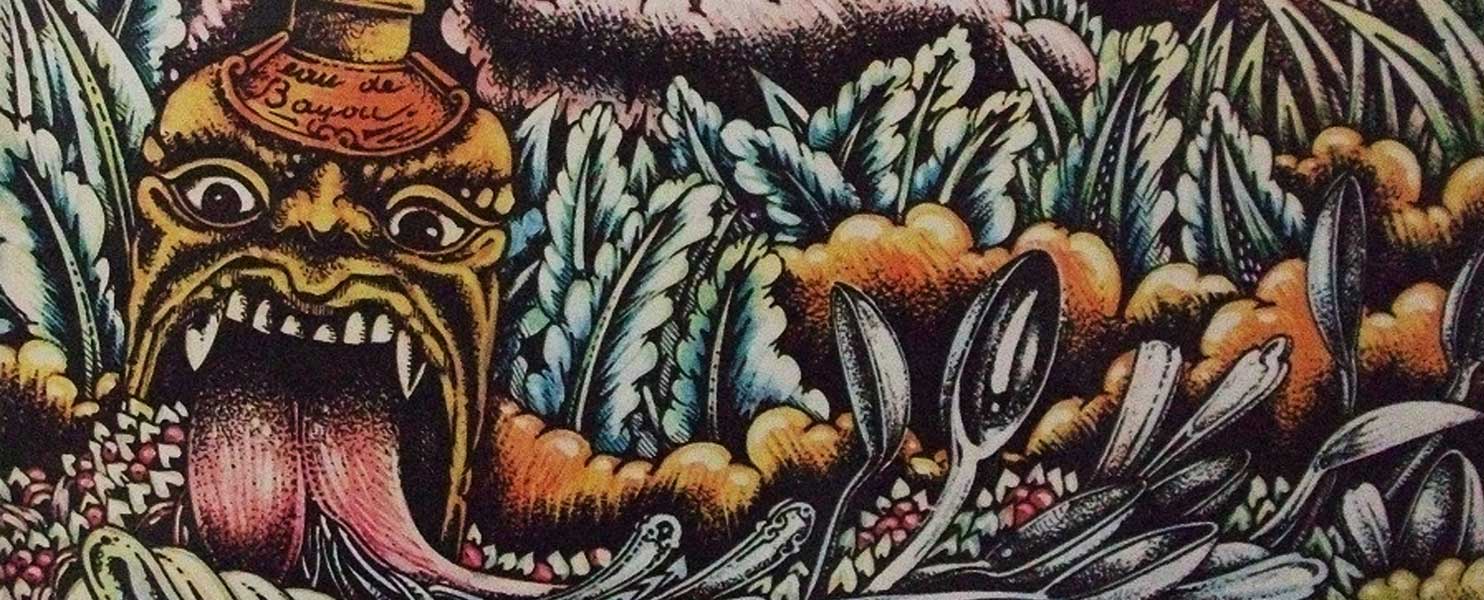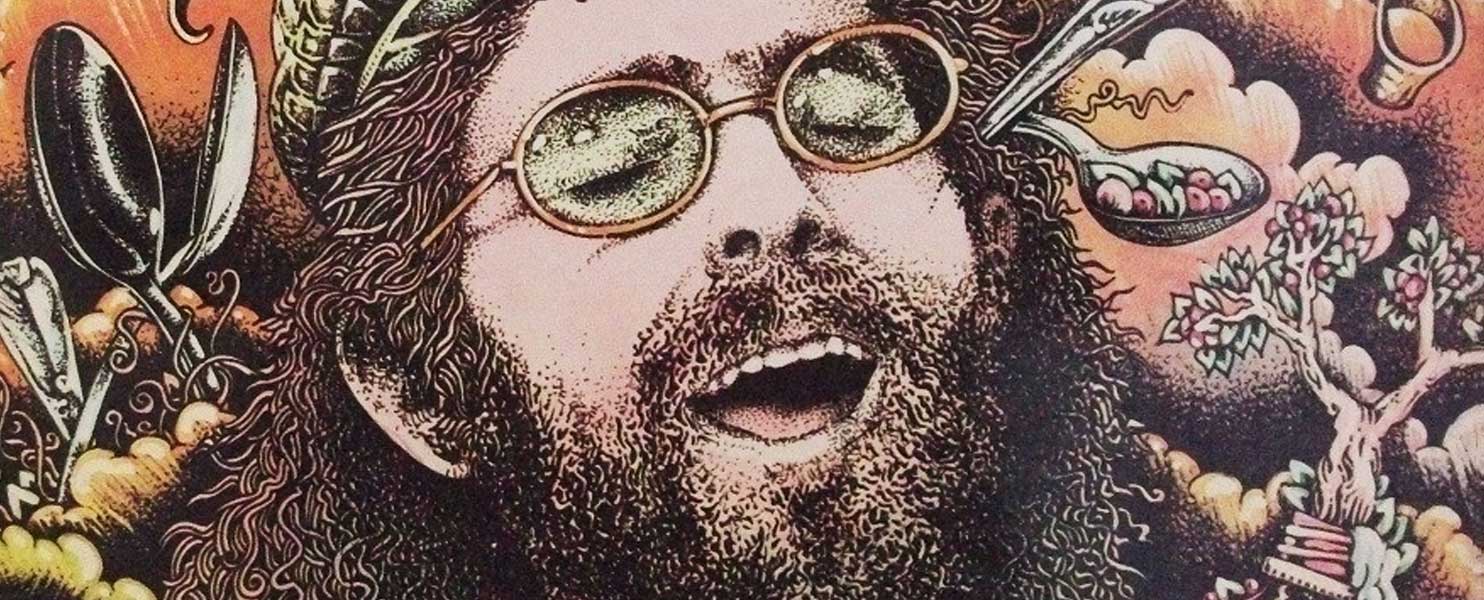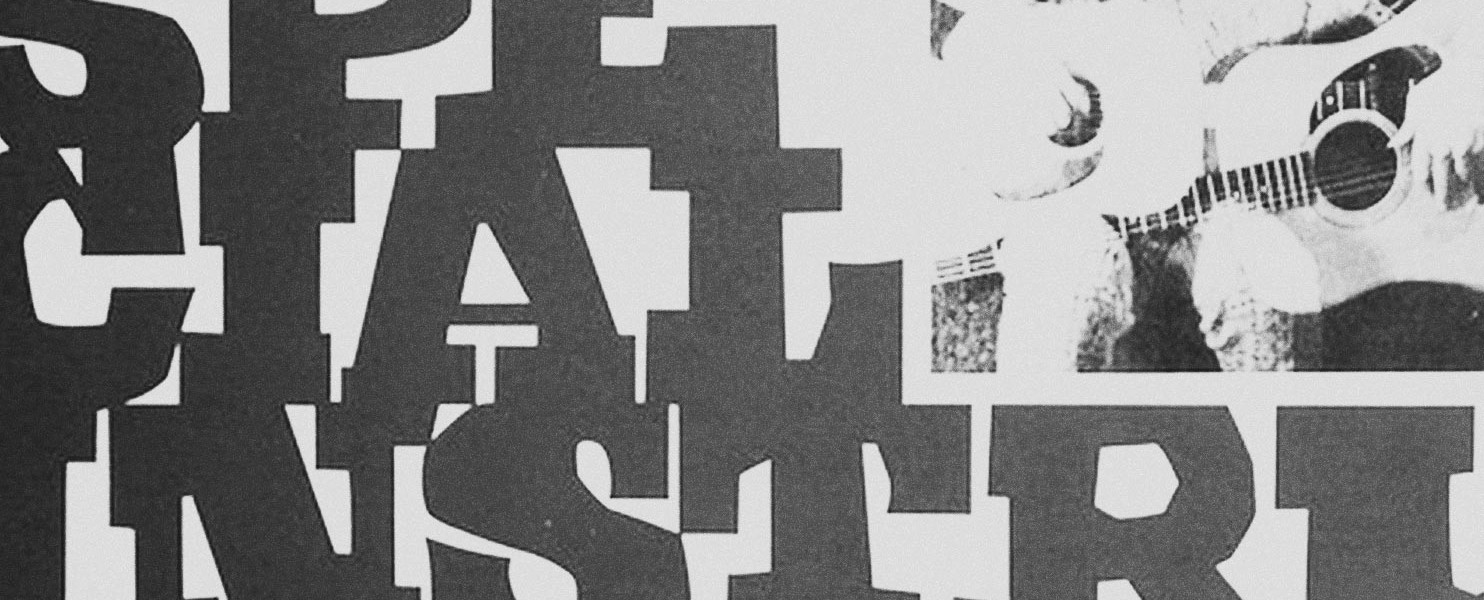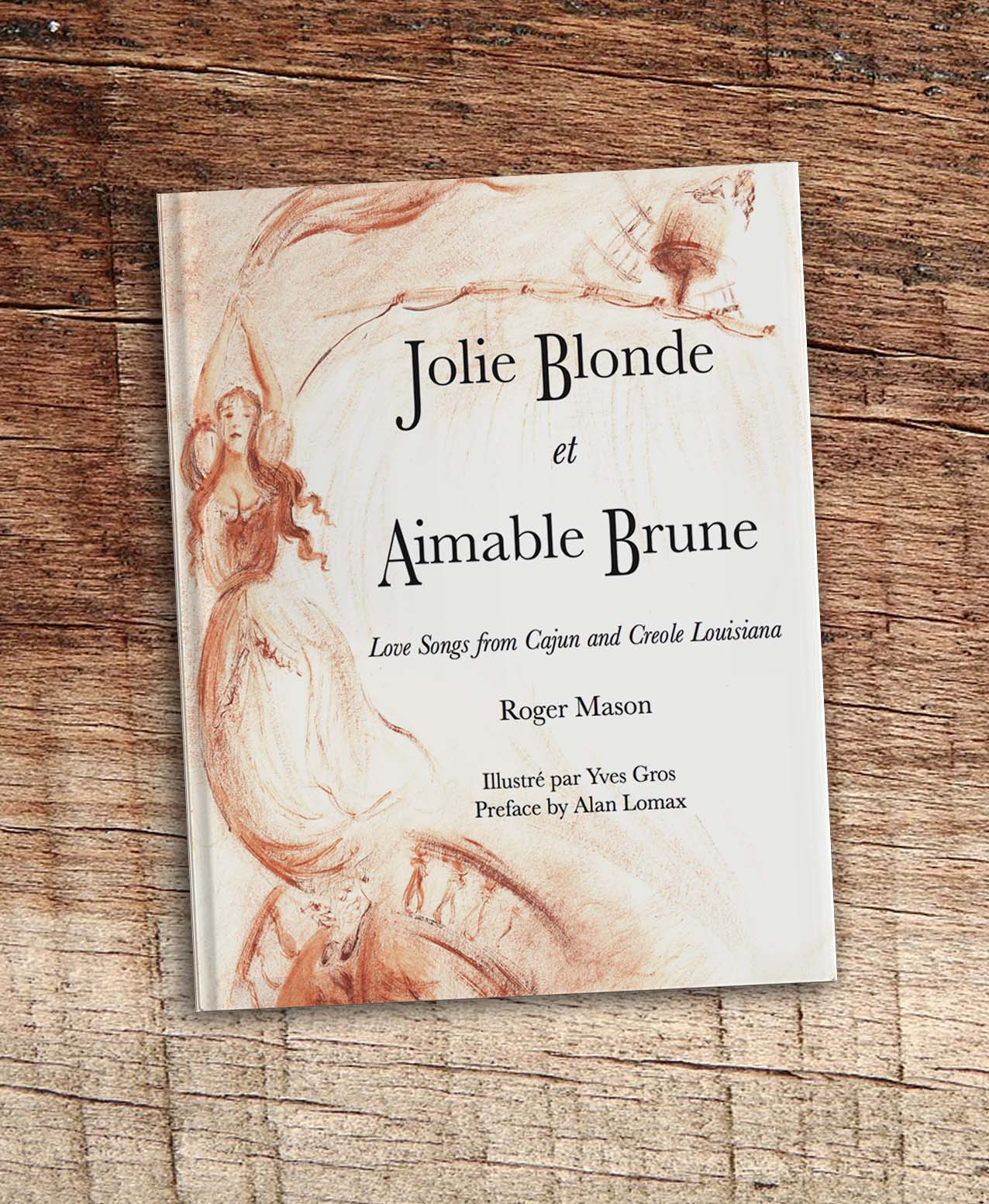ABOUT ROGER MASON
Roger Mason was born in 1944, the descendant of a long line of Jewish musicians and Yankee pickle farmers.
His father was a backsliding Quaker and a traveling army intelligence officer. At the age of 17, Mason was already a global nomad, a third culture kid. He had gone to a dozen schools and lived not only in the United States but also in Japan, Germany, Switzerland and the USSR.
When Mason looked back, he remembers: “I lived in Maryland, the state where I was born, for three days. I lived in the state where I voted (Nebraska) for four. I was a real American, but I had never lived more than two years at a time in my own country. When people asked me where I was from, I would answer ‘When?’”
Mason went to college at Brown University during the troubled 1960’s, but he quit to emigrate to France where he decided to become a playwright. Fate decided otherwise, and Mason was soon working at night in the business office of the brand new American College in Paris. And then, mysteriously, he was recruited to work as a secret agent for an organization we cannot name here.
Mason had been a fan of folk music ever since high school. He often sang in Paris at the hootenanies of the American Church Catacombs and at those of Lionel Rocheman at the American Students and Artists Center. Growing tired of his rive droite life, he decided to become a musician. Mason taught finger picking guitar at Rocheman’s Guitar Center, avenue d’Italie, and studied solfège alongside eight year old children at the Municipal Music Conservatory of the 13th Arrondissement.
Through his friend, Reeve Lindbergh, the daughter of the aviator, Mason met the luthier and artist Bernard Prunier. He joined Prunier’s chamber music group the Dilletantes as a harpsichord player. The group played every Monday night at the famous Paris club, the Vieille Grille. They also played regularly at the University of Paris during the events of May 1968.
Through Prunier, Mason met the singer, Brigitte Fontaine, Maurice Alezera, the actor Romain Bouteille (Café de la Gare), the organist André Isoir, and the composer Antoine Duhamel. He accompanied Brigitte Fontaine on the guitar for a year, studied the organ with Isoir at the Ecole César Franck, and worked with Duhamel on the opera Lundi, Monsieur, vous Serez Riche and sang the title song for the Bertrand Tavernier Film, Death Watch (La Mort en direct). Thanks to Alezera, Mason began to perform every week at the Vieille Grille along with Steve Waring, Alan Stivell, John Wright, Catherine Perrier, and Tran Quang Hai. Through Bouteille, Mason helped Wright and Perrier found the Bourdon, the first French folk club at the Café de la Gare.
Mason worked with Max Peteau’s underground newspaper, Le Pop, as music editor. This newspaper sponsored the first French folk fesitival organized by Pierre Toussaint at Lambesc in 1970. With Rocheman, Mason toured Britanny in 1969 in a program of songs for the French writer Chateaubriand. Along with him were Alan Stivell, Steve Waring, John Wright, Catherine Perrier, and Claude Lemesle, future president of the SACEM.
Mason’s collaboration with Waring lead him to record the well-known album Special Instrumental: Guitare Américaine with Le Chant du Monde in 1970 and Mason opened programs for Pete Seeger at the Bobino theater and for Robert Charlebois at the Olympia. He was featured on many well-known French television programs by Philippe Bouvard, Jacques Martin, and Jean-Christophe Averty. Mason continued working with Steve Waring from 1970 to 1974, performing with him as headliners at the Bobino and working as artistic director for Waring’s best-selling album La Baleine Bleue.
Mason recorded his first solo album, Le Blues de la Poisse, in 1971. He received national recognition for this album, prompting the critic Michel Perez to write: “It is not an exageration to say that Mason’s humor has brought new life to French song.” Between 1971 and 1978, Mason recorded three other solo albums for Le Chant du Monde. He also collaborated with Derroll Adams, Chris Lancry, and Karel Bogart on a blues album entitled Blues from Over the Border.
Mason introduced Cajun music to the French public in 1975 with a successful five week tour of the Balfa Brothers, in collaboration with Bernard Mounier and Michel Salou. He directed a collection of Cajun music for Le Chant du Monde and was invited to perform at the Acadian Music festival in Lafayette, Louisiana in 1978.
Mason left Le Chant du Monde in 1979 to record with Jack Treese for Jean-Michel Caradec at RCA. His Boogie du Corbeau et du Renard, recorded with Jean-Jacques Milteau on the harmonica, was on the Europe N. 1 hit parade for six weeks. Mason returned to Le Chant du Monde in 1981 to record his children’s album Le Professeur Dorémi. With the help of Chris Hayward, Mason produced another children’s album, La Lune Qui Rit, on his own label, Ragtime Records in 1983.
In 1996, Mason returned to the United States with his family (wife Andrea Mason and two sons Daniel and Jonathan). He finished his doctorate in music education at the University of Miami, in Florida, in 2001.
Mason recorded French Blues, an acoustic guitar album of original pieces in 2004 for the Saphir label of Pierre Dyens.
Currently retired from his job as music teacher at Saint Theresa School, he continues to direct two children’s choirs there. He is a visiting scholar at the Frost School of Music, University of Miami and has presented papers at several conferences of the American Society for Ethnomusicology.
Other biographical elements of Roger Mason are available in L’Encyclopédie de la Chanson française by Jacques Vassal and in the liner notes of the CD That’s All Folk! By Tran Quang Hai.
LATEST PROJECT
In concert with the Strings Fellows, August 4th at the La Roche Bluegrass Festival.
ROGER MASON in CONCERT, THURSDAY JANUARY. 27. CLICK FOR DETAILS.








